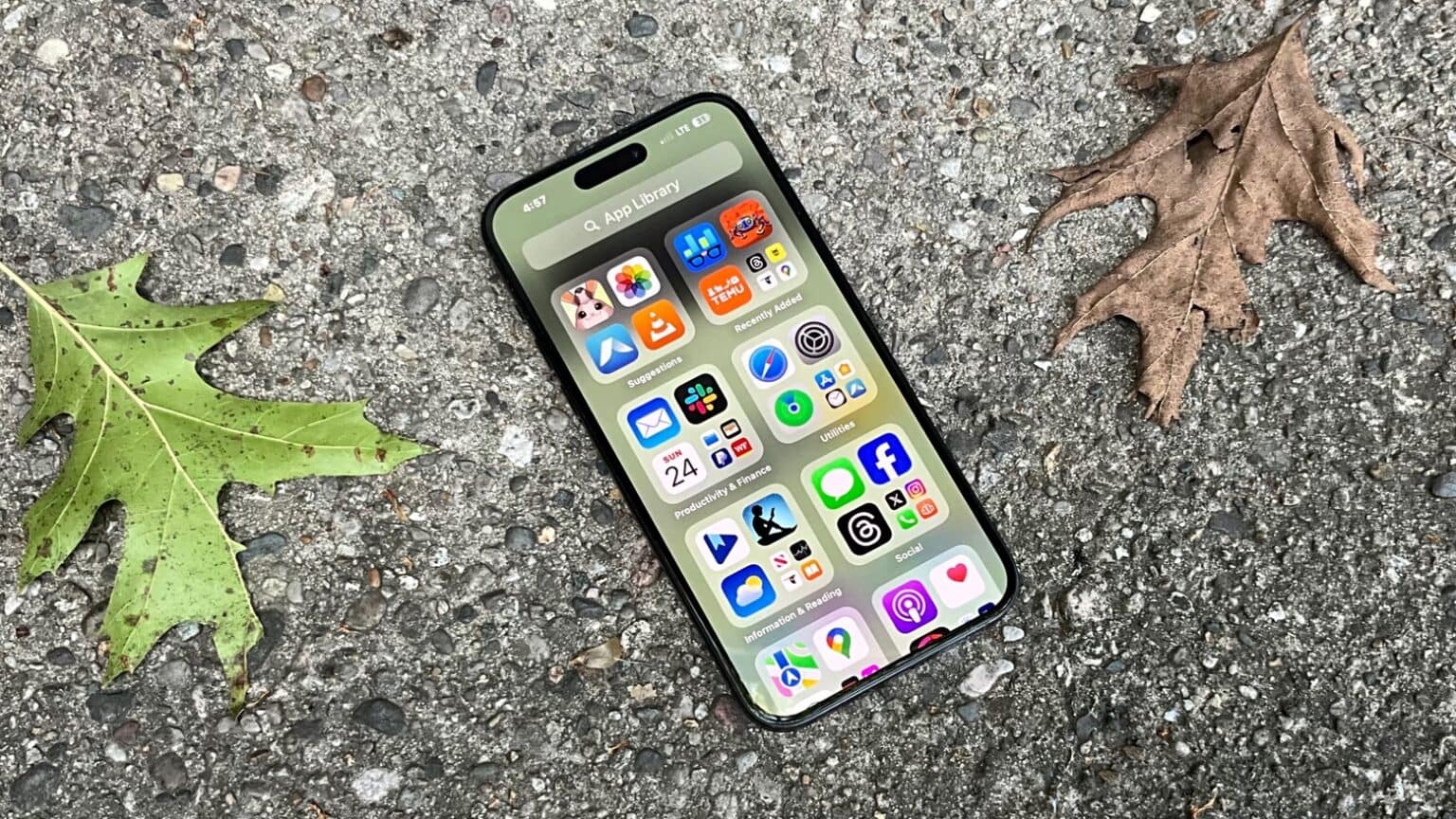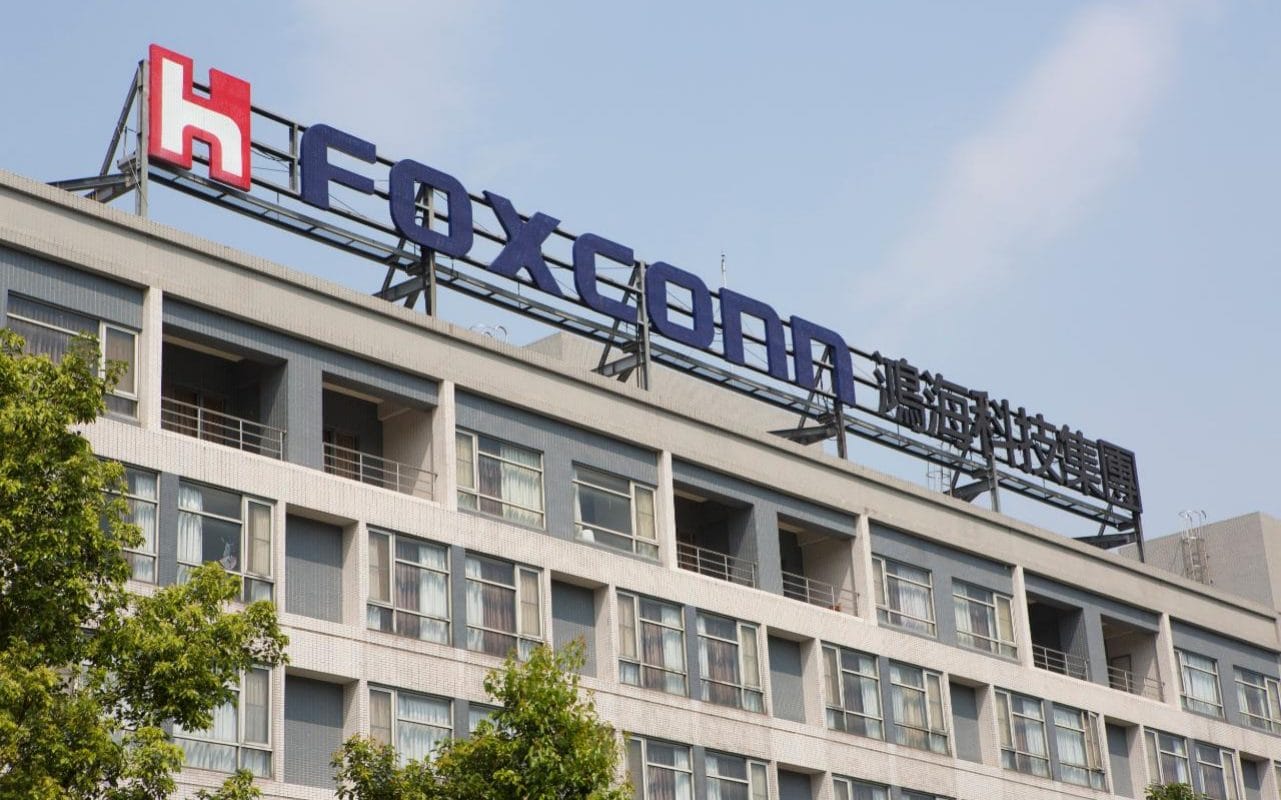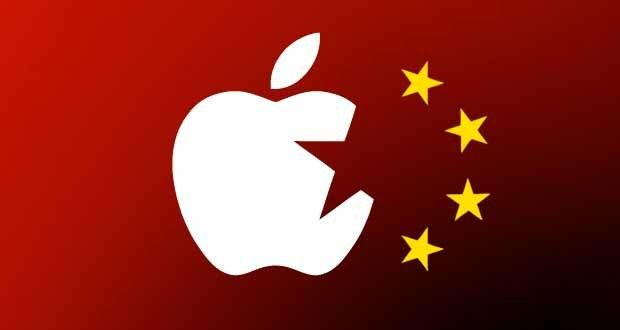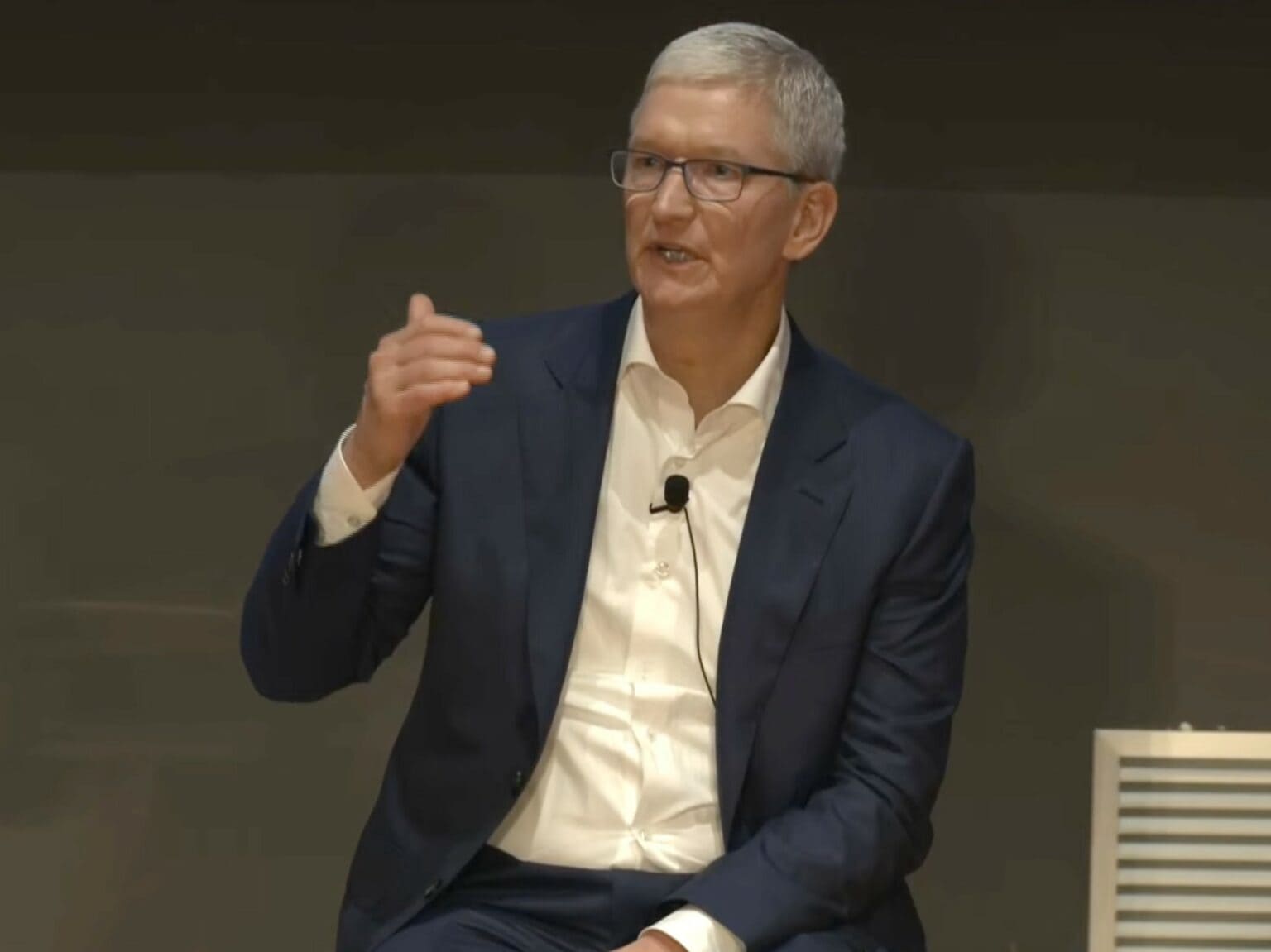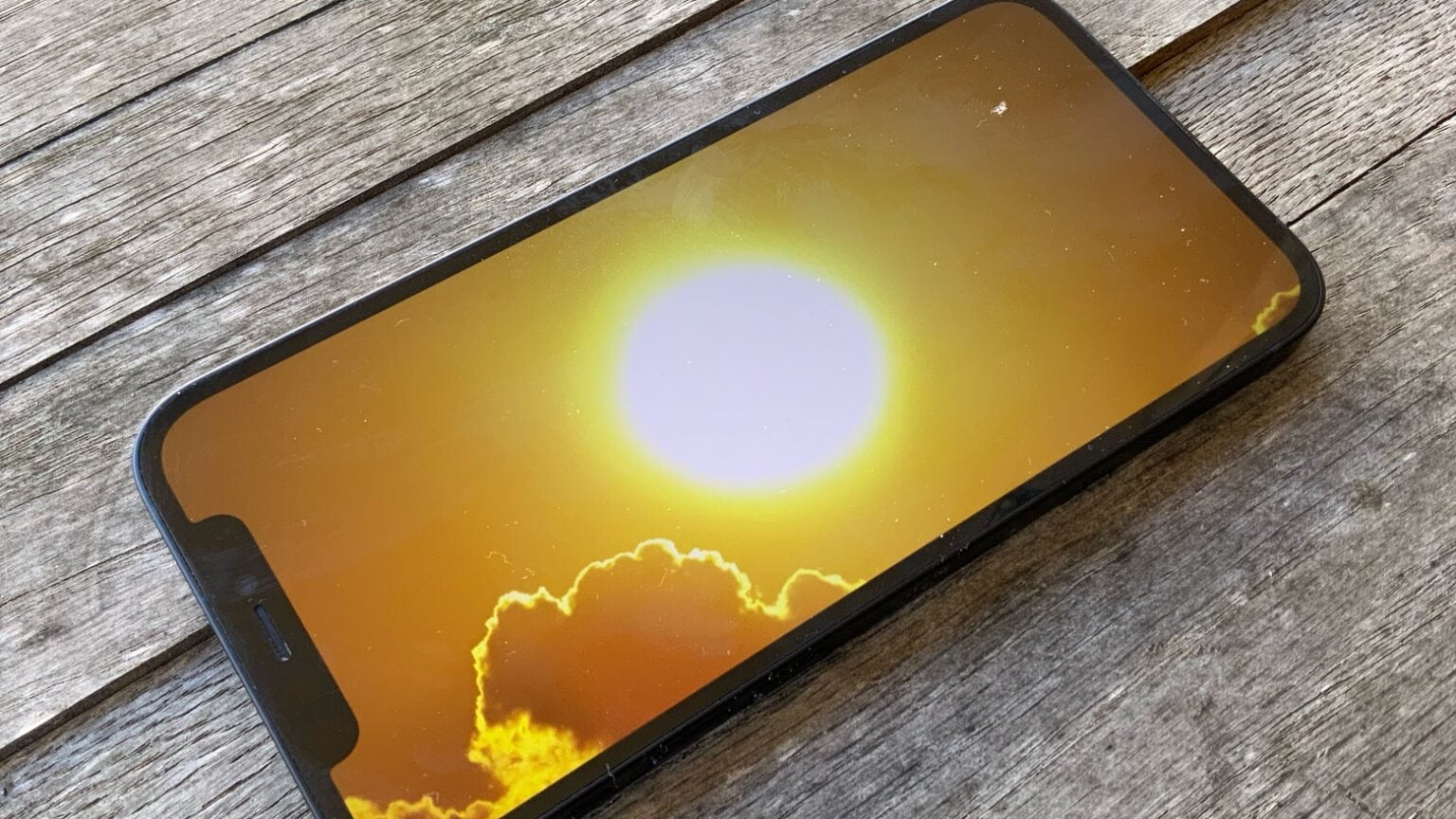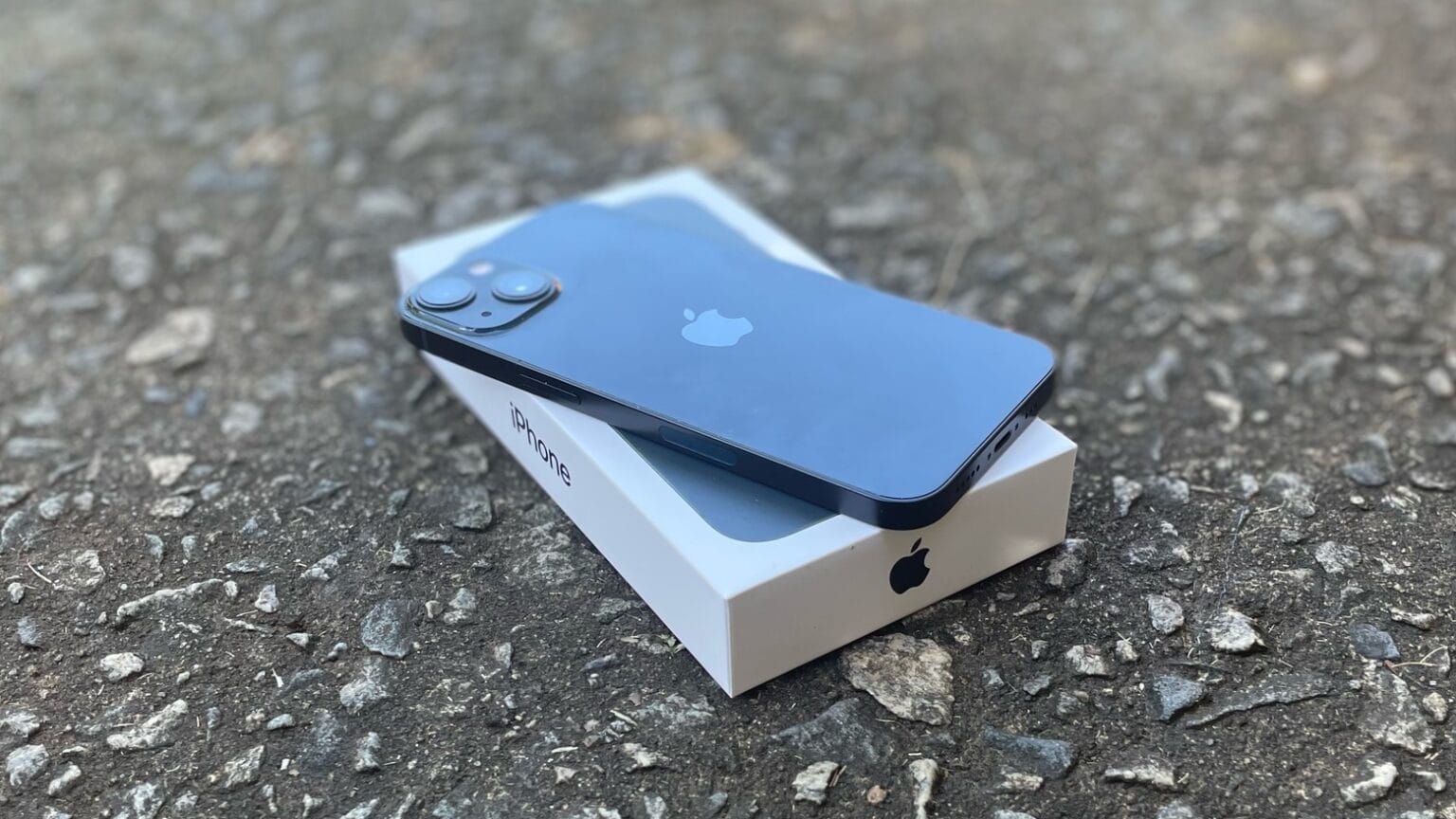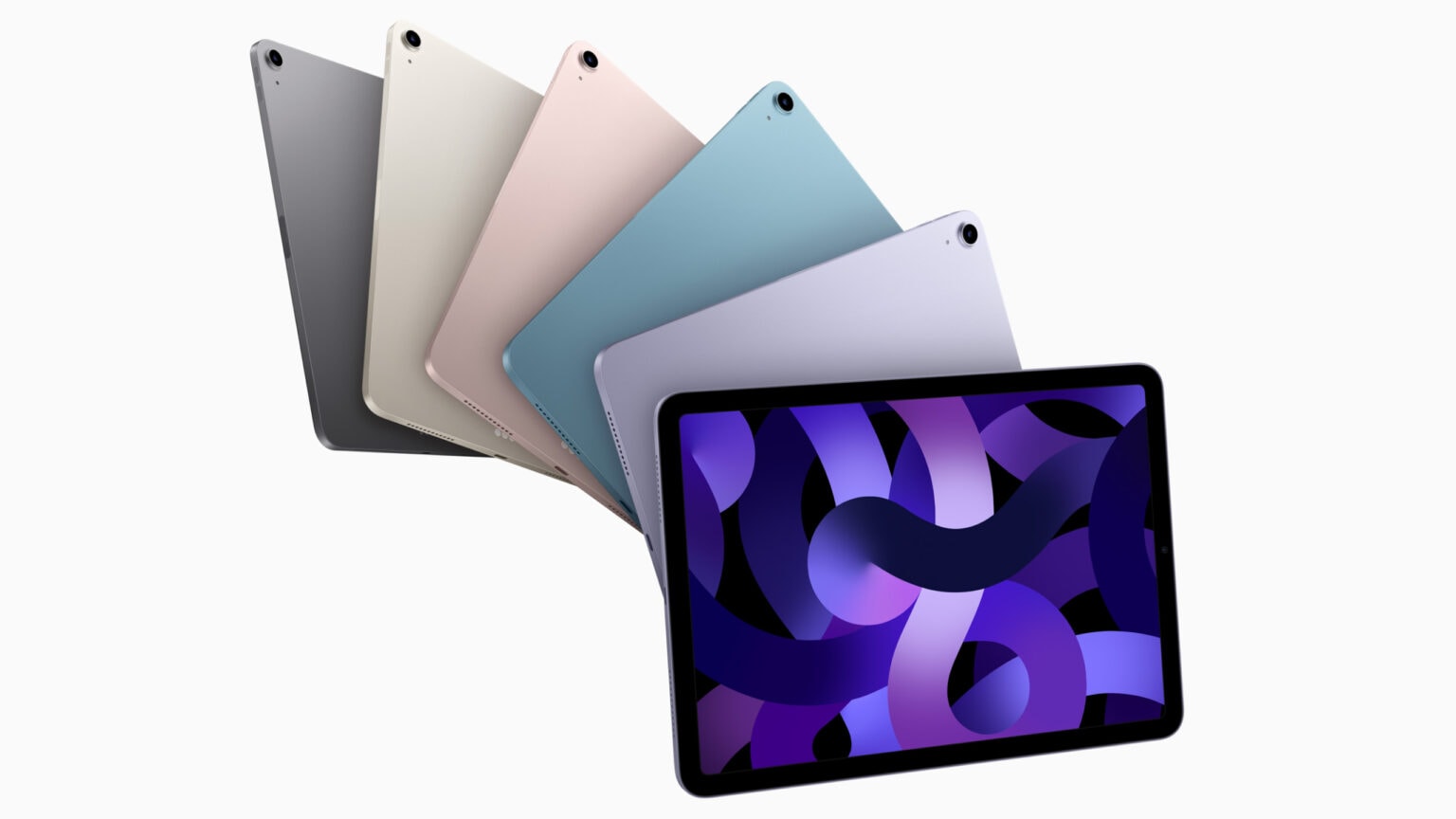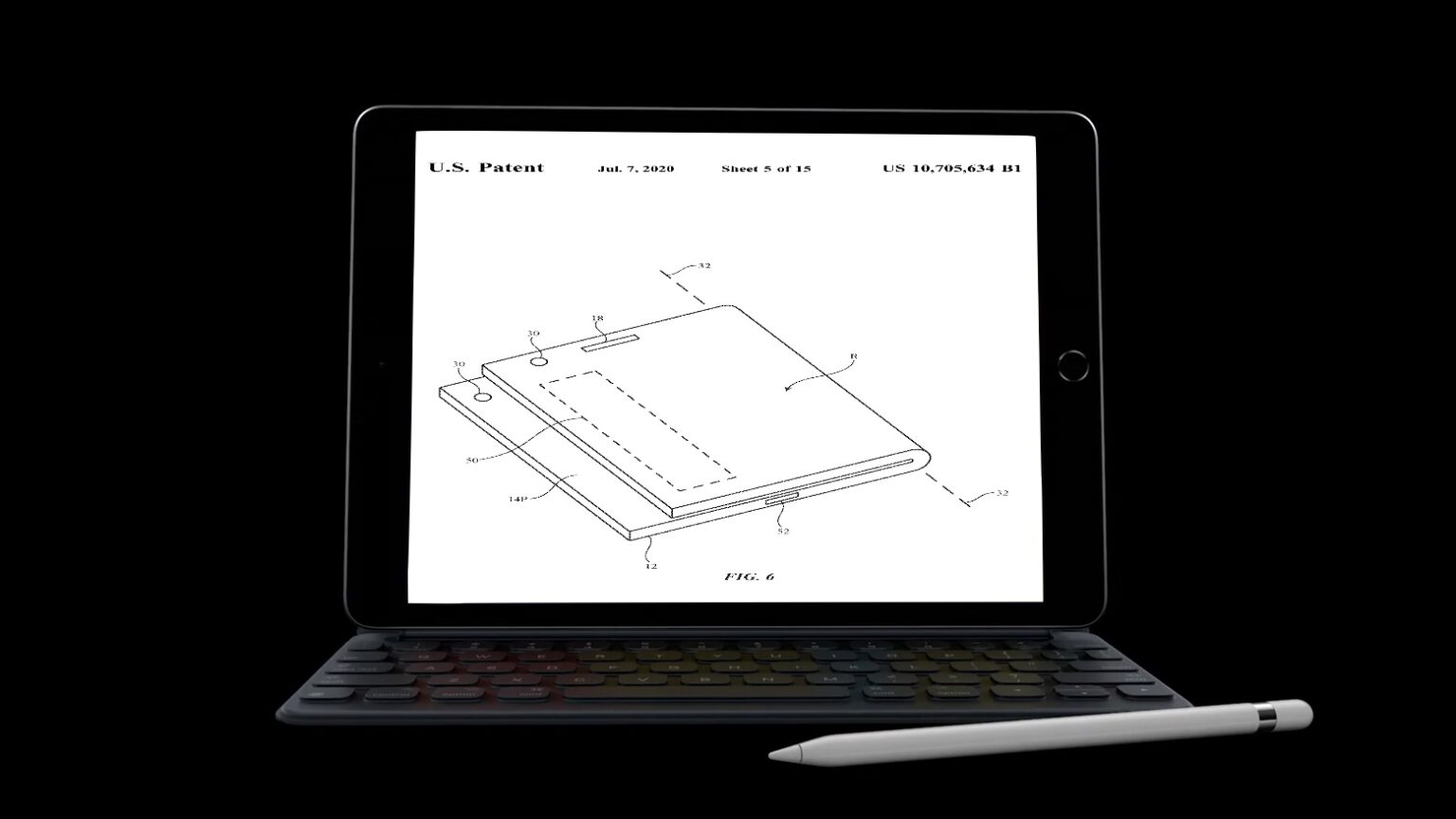Apple CEO Tim Cook’s trip to China apparently scored a big win: Tencent will reportedly bring some of its biggest apps to the Vision Pro AR headset. The company developed both the hugely popular WeChat super app plus a wide array of successful games.
Vision Pro has not yet launched in China but the debut is expected soon.

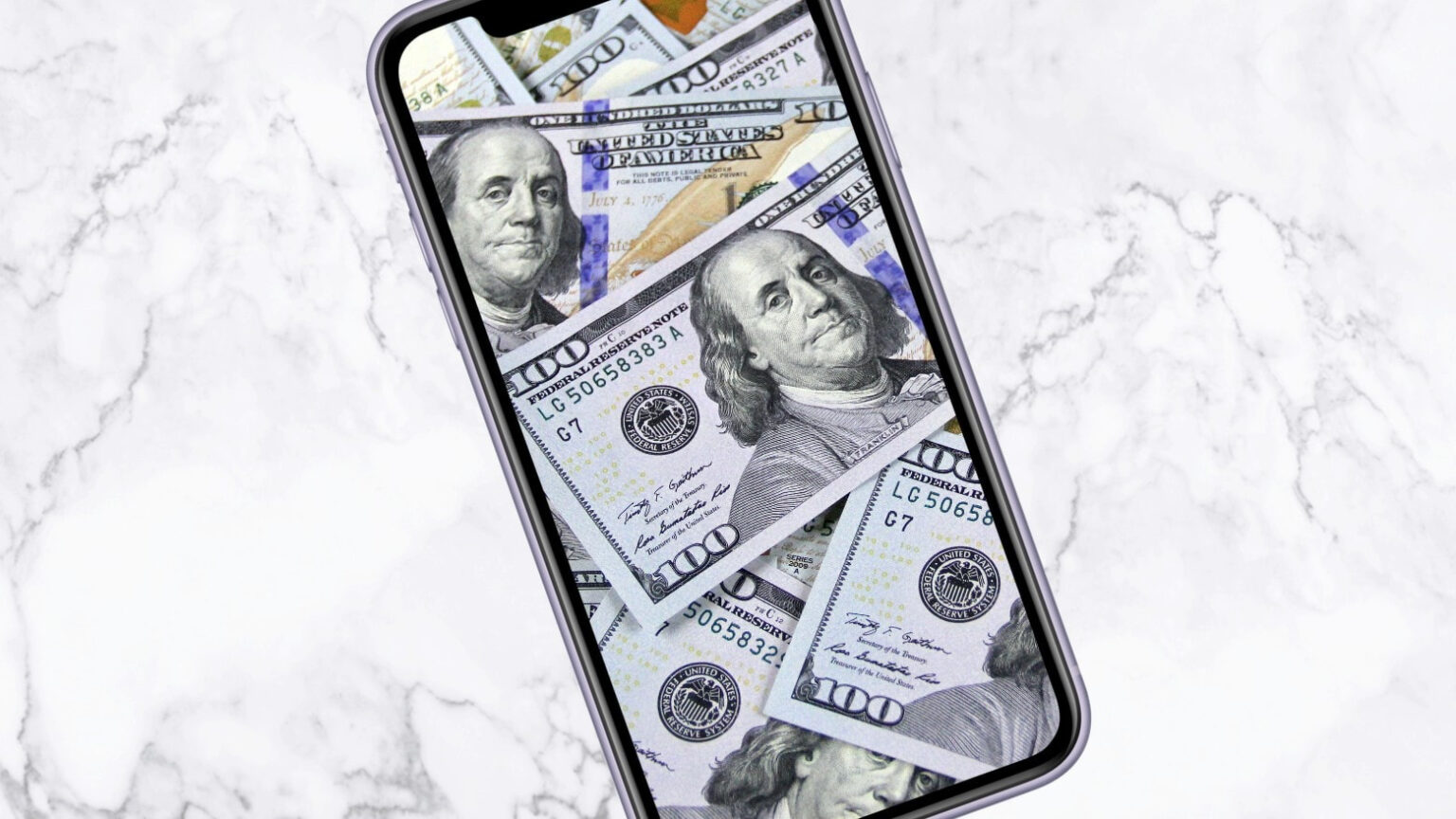
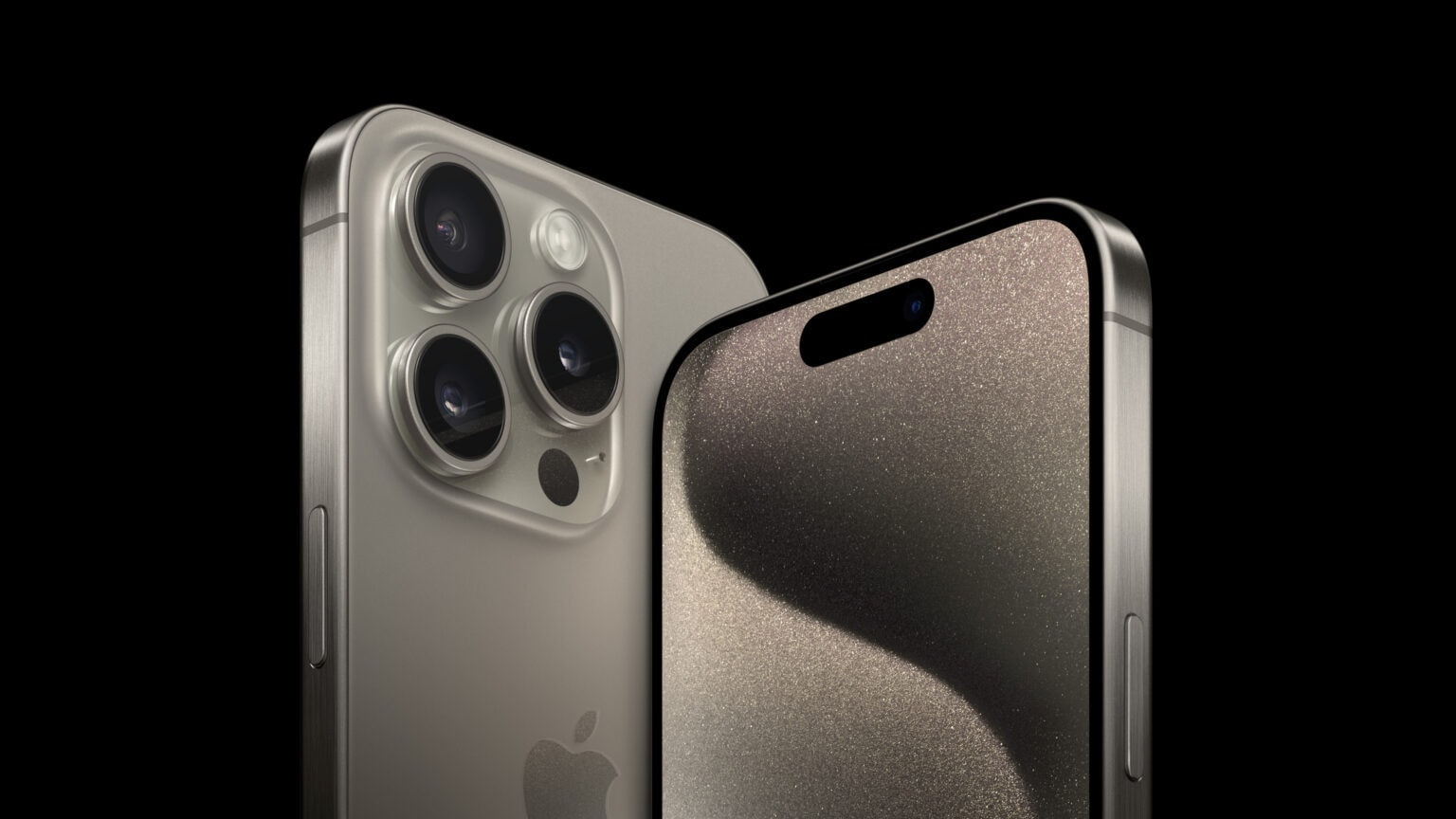
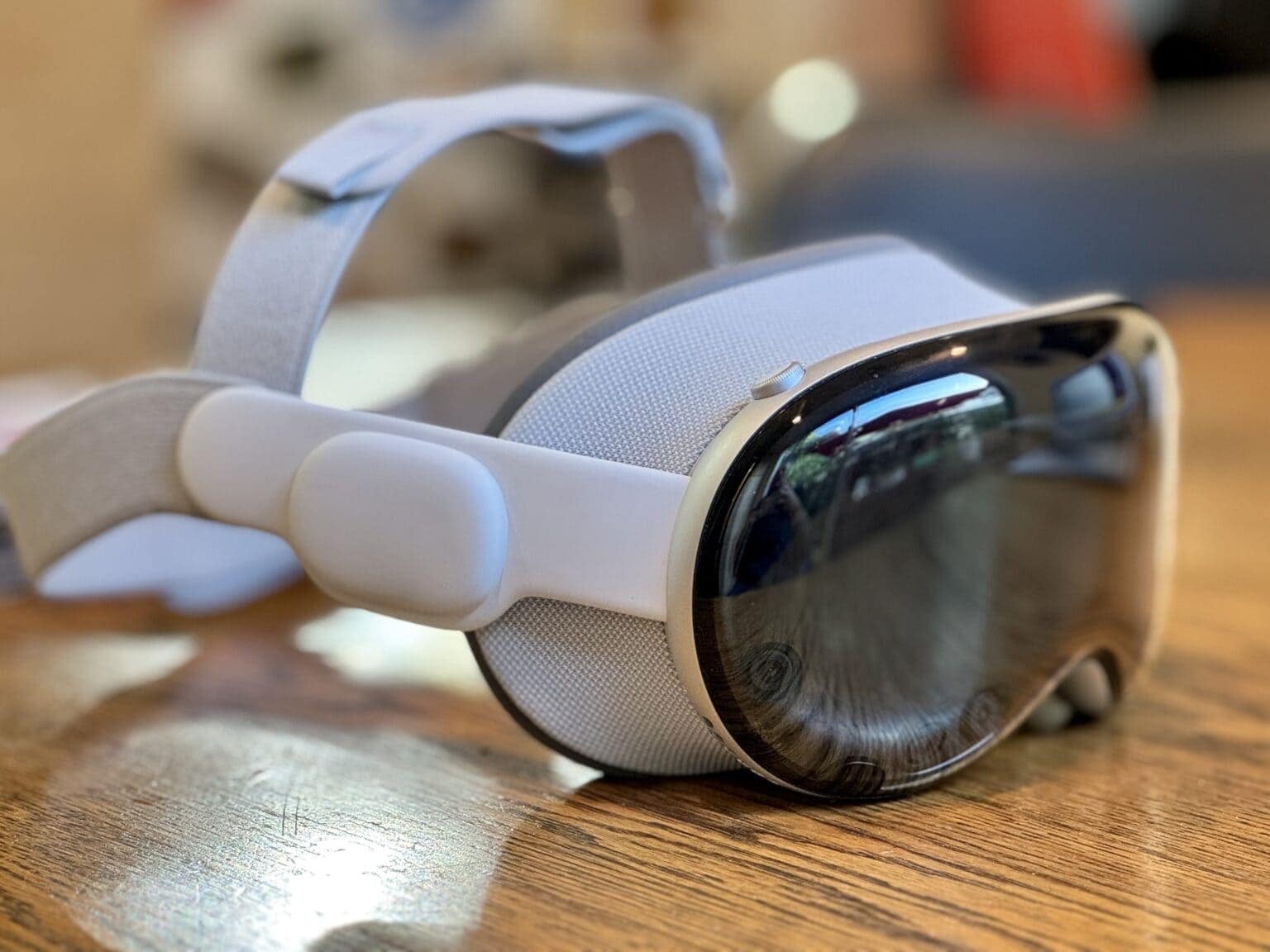

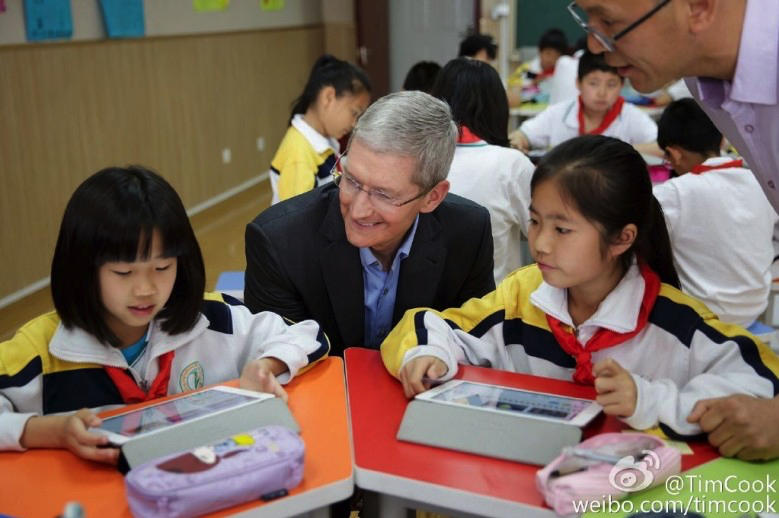
 December 22, 2013: After months of false starts, Apple finally secures a deal with China Mobile to bring the iPhone to the world’s largest telecom company.
December 22, 2013: After months of false starts, Apple finally secures a deal with China Mobile to bring the iPhone to the world’s largest telecom company.
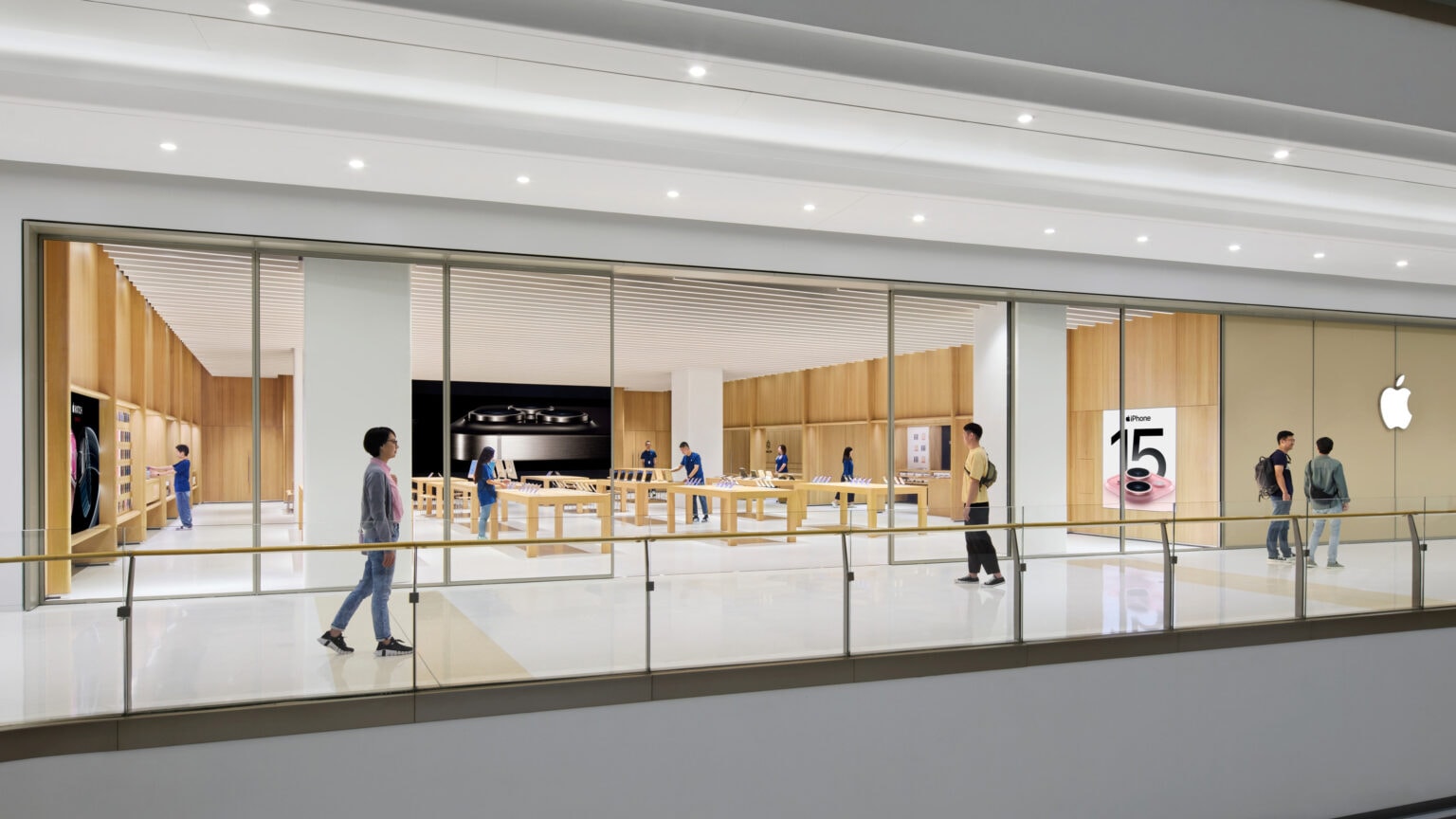
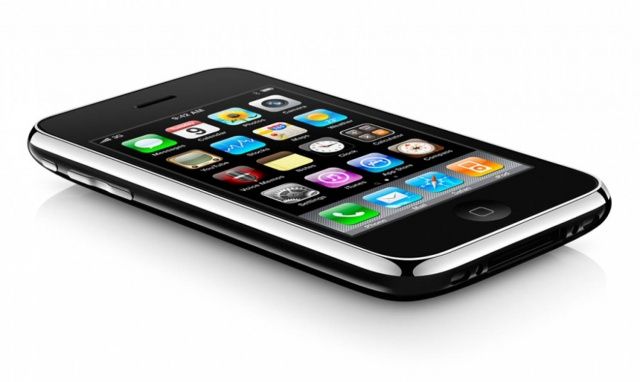
 October 30, 2009: Two years after launching in the United States, the iPhone finally goes on sale in China, giving Apple a chance to reach the world’s largest market.
October 30, 2009: Two years after launching in the United States, the iPhone finally goes on sale in China, giving Apple a chance to reach the world’s largest market.